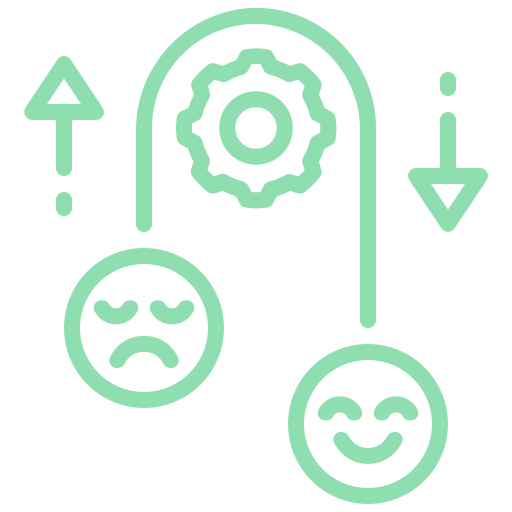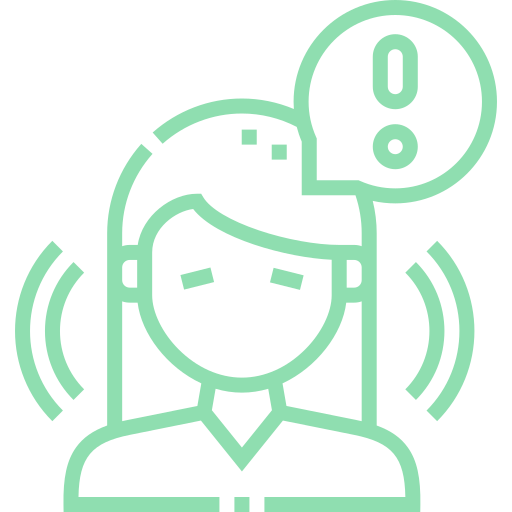Maryland Applied Behavior Analysis Therapist | Move Up ABA

ABA Therapy At Home: Supporting Children With Autism
Insurances We Accept:





What Is ABA Therapy at Home?
ABA therapy (Applied Behavior Analysis), widely recognized as the gold standard for autism treatment, is a leading evidence-based approach that helps children with ASD develop essential life skills. It focuses on improving communication, behavior, and daily living through positive reinforcement and consistent practice.
When provided at home, ABA therapy becomes even more powerful.
Your child learns in a place they already know and feel safe—your home—making it easier for them to focus, engage, and make real progress.


The Benefits of In-Home ABA Therapy

Comfortable Setting
Children often feel more relaxed and open to learning in their own home, which can lead to faster progress.

Real-Life Learning
Therapists work on skills during everyday routines like mealtime, play, and bedtime—helping your child apply what they learn in real life.

Family Involvement
You’re not just watching from the sidelines. Parents and caregivers are included in sessions and shown how to support learning between visits.

Stress-Free Convenience
No more long drives or waiting rooms—your therapist comes to you on your schedule.

Truly Personalized Care
Therapy is tailored to fit your child’s needs and your family’s lifestyle, with support that works right where you live.
How Home-Based ABA Therapy Helps Your Child Thrive
In-home ABA therapy turns everyday moments into powerful learning opportunities. By working in your child’s natural environment, therapists can teach essential skills, reduce problem behaviors, and support your family in real time.

Improved Daily Living Skills
Home-based ABA therapy allows children to learn self-care and independence right where they need it most. There’s no need to simulate scenarios, because the real ones are already happening. Therapists can help your child with:
- Toilet training using your family’s bathroom routine
- Brushing teeth at their own sink with their own toothbrush
- Getting dressed with their actual clothes from their room
- Following routines like getting ready for school or winding down for bed
And more…

Improved Behavior
Many behaviors that concern parents—meltdowns, aggression, refusal, or self-injury—happen most often at home. In-home therapy gives professionals a chance to observe these behaviors in context, identify triggers, and introduce calming, proactive strategies that work for your family.

Improved Communication
Whether it’s asking for a snack or saying “hi” to a sibling, your child builds communication skills during real-life interactions, using methods that fit their needs.

Improved Social Skills
In-home ABA therapy meets your child exactly where they are.
It's personal, practical, and powerfully effective.
Why Families Choose Move Up ABA
for ABA Services at Home

No Waitlist, Start Therapy Immediately
Skip the delays and get your child the support they need without waiting.

Personalized ABA Therapy for Ages 1-21
Whether your child is an infant or young adult, our therapy services are tailored to their unique developmental stage.

Flexible Scheduling That Works for You
Our therapy fits seamlessly into your family’s schedule, making it easier to stay on track.

14+ Years of Expertise
With over 14 years of experience, our team delivers proven, in-home care that helps your child thrive.

Stress-Free Insurance Coverage
We take care of the entire insurance process, so you can focus on your child’s progress, not the paperwork.
Hear It Straight from Our Clients: Real Success Stories
“Move Up ABA has been a lifeline for our family. Before starting therapy, our son struggled with daily routines and communication. Now, he’s more independent and even initiated a conversation with a classmate for the first time! The progress we’ve seen in just six months is truly remarkable.”
- Emily R., Silver Spring, Accountant
“As a single dad, I was overwhelmed trying to manage my child’s behavior. The Move Up ABA team not only provided amazing support for my little girl but also taught me practical strategies to use at home. Their in-home sessions fit perfectly with our busy schedule. I’m so grateful for their patience and expertise.”
- Michael T., Rockville, Middle School Teacher
“We were hesitant about starting ABA therapy, but Move Up ABA’s approach put us at ease from day one. Our twins have made incredible strides in their social skills and self-regulation. The therapists are like extended family now, and we couldn’t be happier with our decision to work with them.”
- Aisha and James L., Simpson, Police Officers
Get ABA Therapy at Home Near You
FAQs about Autism Therapy at Home
Yes! Family involvement is a key component of in-home ABA therapy. You’ll receive training and support to reinforce the skills and strategies your child is learning, helping to maintain progress between therapy sessions.
Progress is tracked through data collection, including behavior frequency, skill development, and how well new skills carry over to different situations. Our board-certified behavior analysts conduct regular assessments to evaluate progress, adjust goals, and ensure therapy continues to meet your child’s evolving needs.
When looking for an ABA therapy provider at home, look for a qualified therapy team with autism experience, a focus on family involvement, and flexibility to meet your child’s needs. At MoveUp ABA, we offer personalized care tailored to your family’s unique needs.
Unlike center-based therapy, in-home ABA therapy occurs in your child’s natural environment, which makes it easier to generalize skills to everyday situations. It also allows for more personalized care and greater family involvement in supporting progress.


